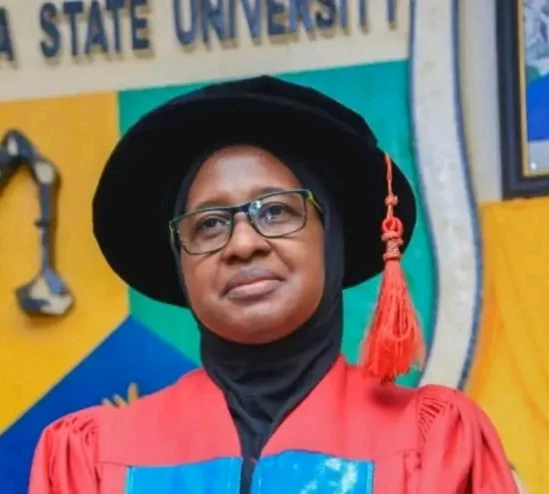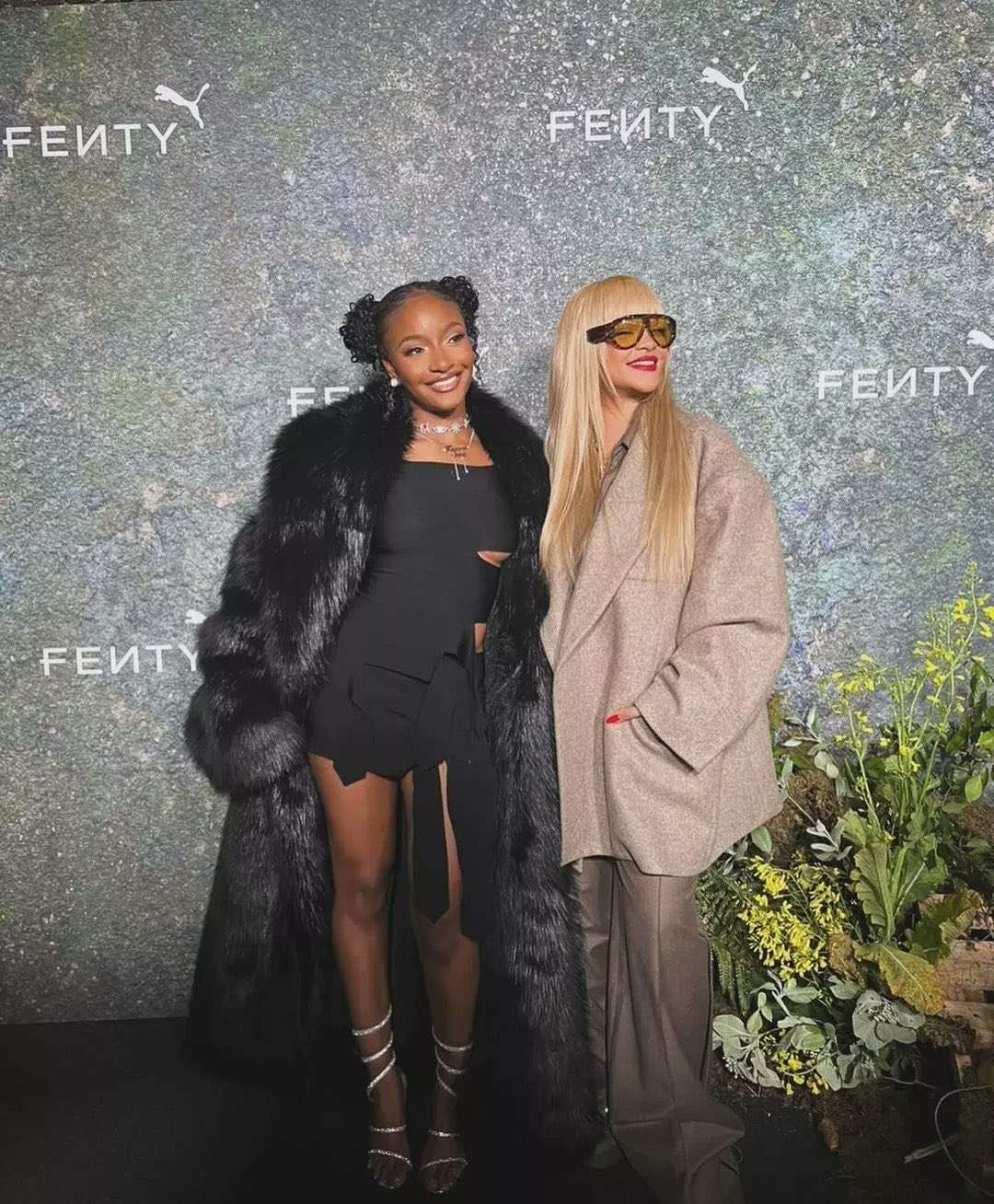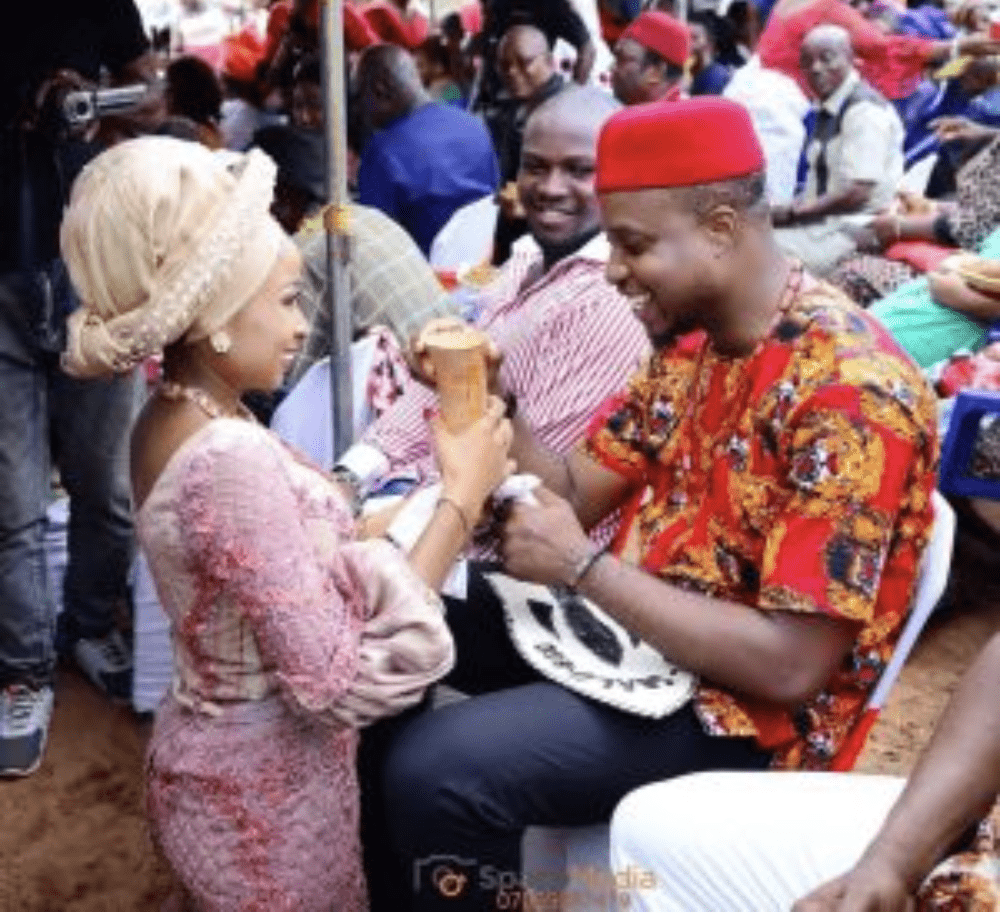
Everything You Need To Know About Igbo Traditional Wedding Ceremony
- Olamide
- September 13, 2018
- Weddings
- Everything You Should Know About Igbo Traditional Wedding Ceremony, Igbo Traditional Wedding Ceremony |FabWoman, Igbo Traditional Wedding Women, Igbo Traditional weddings, Nigeria weddings, Traditional wedding, weddings
- 0 Comments
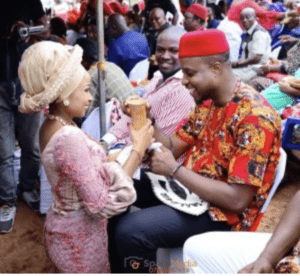
Many people have several misconceptions about the Igbo traditional wedding, especially the part where you have to purchase a lot of things.
On the contrary, Igbo weddings are very colorful and filled with several interesting events.
Despite the seeming change in the method of choosing a spouse, the Igbo culture has been sustained as far as traditional weddings are concerned. This post highlights everything you should know about Igbo weddings.
We hope the post guides and informs you on what to expect at an Igbo traditional wedding ceremony.
1. Iku Aka
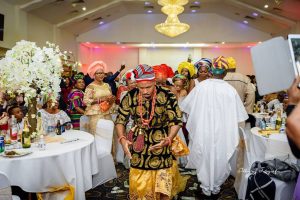
“Iku Aka” which means knocking on the door in Igbo where the groom along with his uncles and brothers, comes for an introduction.
The groom’s family will therefore present 1 keg of palm wine each for the father and mother of the bride and another one or more for her father’s “Umunna” which means brothers and uncles.
The groom’s family visits the bride bearing gifts more like a peace offering. Then the members of the families are introduced. The two families have to give their consent and approve the courtship. Once this is done, what usually follows is an engagement ceremony.
Before the groom’s family leaves, they are presented with a list of gifts (dowry) to bring along for the engagement. The dowry never comes cheap. The bride is of great value and can only be given to someone worthy of her.
The contents or items on the list are sometimes negotiable. That is, a monetary equivalent can be accepted in situations where the items cannot easily be gotten. If the groom’s family, or even the groom and the bride-to-be, could not present such gift items, that would violate their religious beliefs. Examples of such gifts will be alcoholic drinks, tobacco products, or certain items that are believed to have ties to idol worship.
ALSO READ: 5 Important Things You Should Know About The Igbo Traditional Wedding
2. Igba Nkwu Nwanyi / Izu okwu
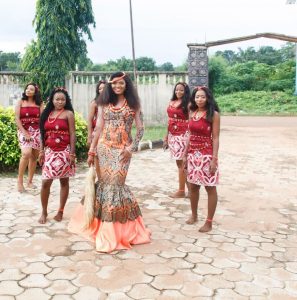
“Igba Nkwu Nwanyi / Izu Okwu” which is interpreted as a wine-carrying ceremony in English. This is the actual wedding ceremony. The groom is expected by the culture to assist his bride’s family with the planning, so he presents to them a cow, bags of rice, drinks, and food ingredients.
At this event, the groom’s family arrives alongside a few members of his family to meet with the bride’s father concerning the dowry price known as “ima ego”. After an agreement has been reached, the bride comes out for the first time with her friends dancing in a native attire of 2 separate pieces of George wrapper, one for her waist and the other for her burst. She proceeds to greet her mother’s people and return to the house afterward.
She appears the second time wearing a white blouse and a George, damask, or brocade outfit to greet her father’s family members before retiring again. Her third appearance usually matches that of the groom’s, which interprets the union.
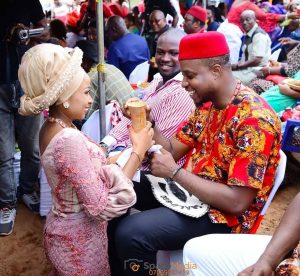
The bride is handed a cup of wine and asked to identify her husband by presenting him with the cup. She would go around, passing young men who would be begging for a cup of wine (of course, she knows who her husband-to-be is).
She locates her groom and hands him the cup while kneeling before him. He then drinks it and, in some cases, lifts her and feeds her from the cup of wine, which is then accompanied by cheering.
The couple will go to where the parents are sitting to kneel before them. The parents then pray for them and offer their blessing, after which the party starts.
3. Ndi Ochie
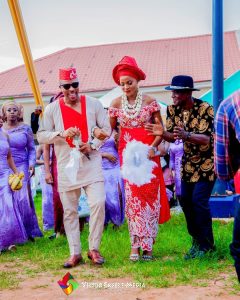
This ceremony is simply recognizing all the married women in the family by giving them a bag of salt and a crate of soft drinks each.





